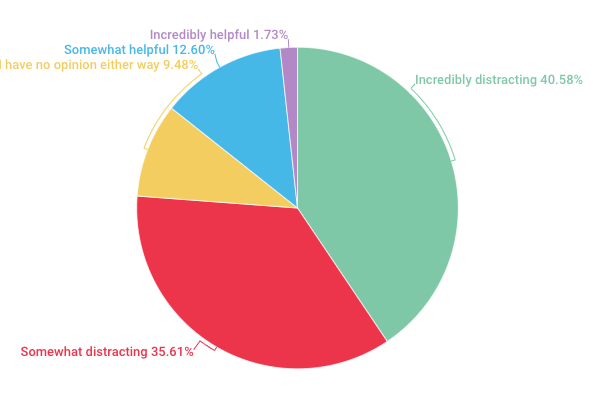Universal Healthcare
More stories from Emily Koke
Sickness is something every person has felt. It is universal and, honestly, unavoidable. Though it is a commonly understood concept, people rationalize it differently. Some use science and medicine while others rely on religion and cultural aspects. Westernized medicine sees illness as a scientific phenomenon. They use advanced technology and practices to treat these illnesses. In contrast, some cultures believe illness is a direct result of spirituality and unexplainable, supernatural forces. In healthcare, culture plays a large role in how treatment is utilized and performed. Morals and ideals have widely affected healthcare among different cultures. Native Americans believe illness is an imbalance of your physical and spiritual self. Historically, they sought out a shaman that worked as a connection between the concrete and the spiritual world. In cultures relating to Asians and Pacific Islanders, health is seen as holistic and a balance between physical, mental, and spiritual. Therapeutic techniques like acupuncture and herbal remedies. As demonstrated by these cultures, there is a clear difference between scientific medicine and cultural factors. Though there is a divide, the world has grown to find a balance of the two and, instead, the most challenging part about medicine is where it is coming from. Health care is extremely important to the survival of people but it is utilized in different ways. One way, which is believed to be beneficial to a country as a whole, is universal healthcare.
Healthcare is an important matter in this world. Though it should be a right to all to have access to proper healthcare, not every country can or will provide it for its citizens. Ideally, one would live in a place where universal healthcare would provide accessible medical care for anyone through regulations and taxation but only a handful of European and Asian countries provide that. Countries supplying universal healthcare are the birthplace of socialized medicine wherein the government pays completely for insurance and medical professionals. In Britain, an exception to governmental intervention falls to prescription drugs which the cost is the responsibility of the citizen. In all other aspects, funds for this form of healthcare comes from taxations and contributions of the population based on their salary. The government in turn reimburses 70% of a medical billings while the remaining can be covered by independent insurance companies. A flaw in the system is that a universal healthcare system might fall over budget like recently in France. Though France spends a substantial amount of money, they have the lowest rates of deaths caused by preventable healthcare issues. In Germany, universal healthcare is not the only thing being provided. Germany has put in place disease-management programs that help support and cover chronically ill patients. Additional expenditure goes towards people with asthma, diabetes, cancer, and other unavoidable ailments. Countries like Canada acquire medical care through a publicly funded system also known as Medicare. This system plans to provide universal health care for all provinces and territories of Canada. Unique to the Canadian system, healthcare providers send bills directly to the government so the customer will never see a bill regarding medical care.
There is some drawback to implementing a universal healthcare system. Governmental spending would increase due to health care and a slightly higher tax rate would be put into place. There is no competition among providers so people will have less of a choice in who they receive care from. Higher incomes could complain that their money would be paying for someone else’s care and doctor salaries might slip to a lower income. The United States, in contrast, is a single-payer healthcare system where it is up to the individual to find proper care. This opens up the market for competition among insurance and medical care providers. The problem is that many people in the population are going without care because of how expensive the process is. A single-payer system might avoid governmental assistance but it also avoids the entire purpose of a doctor. Medical care is intended to help anyone and everyone. It should not exclude some due to insufficient funds. Healthcare is a right of all people and should be easily accessible.










